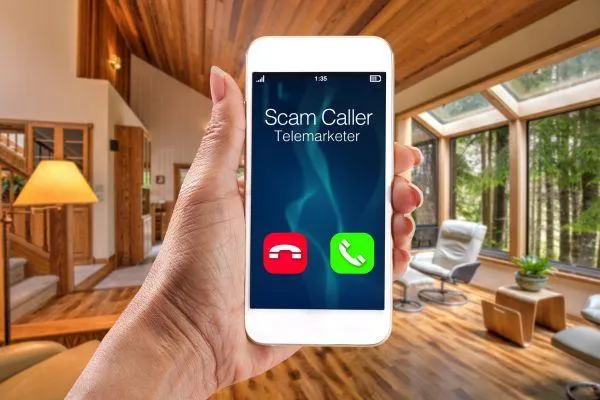
How to Identify and Protect Yourself from Medicare Scam Calls
Medicare scams are on the rise, with fraudsters attempting to steal personal and financial information from unsuspecting beneficiaries. Recognizing the warning signs of a Medicare scam call is crucial to safeguarding your identity and benefits.
Common Medicare Scam Call Tactics
Scammers often use various deceptive techniques to trick individuals into revealing sensitive information. Here are the most common tactics used:
Caller Claims to be from Medicare – Fraudsters impersonate Medicare representatives and claim they need personal details to issue a new card or update records.
Threats of Losing Benefits – Scammers create urgency by falsely stating that Medicare benefits will be canceled unless immediate action is taken.
Requests for Personal or Financial Information – Genuine Medicare representatives will never ask for Social Security numbers, banking details, or credit card information over the phone.
Offers of Free Medical Equipment or Services – Scammers promise free medical supplies in exchange for personal Medicare information.
Caller ID Spoofing – Fraudsters manipulate caller IDs to make it appear as though they are calling from an official Medicare office.
How to Recognize a Medicare Scam Call
To identify potential Medicare scams, consider these key warning signs:
Unsolicited Calls – Medicare does not make random calls to beneficiaries.
Pressure to Provide Information – Scammers often rush victims into giving personal details.
Too-Good-to-Be-True Offers – Any promise of free services, money, or benefits in exchange for personal information is a red flag.
Requests for Payment – Medicare will never ask for payment over the phone.
Lack of Official Communication – Legitimate Medicare correspondence is typically conducted via mail rather than phone calls.
Steps to Protect Yourself from Medicare Scam Calls
If you suspect a Medicare scam call, follow these steps to protect yourself:
Do Not Share Personal Information – Never provide Medicare numbers, Social Security numbers, or banking details over the phone.
Hang Up Immediately – If the caller asks for sensitive details, end the call without engaging.
Verify Directly with Medicare – Contact Medicare at 1-800-MEDICARE (1-800-633-4227) to confirm if the call was legitimate.
Report the Scam – Notify the Federal Trade Commission (FTC) at reportfraud.ftc.gov or the Medicare fraud hotline at 1-800-HHS-TIPS (1-800-447-8477).
Use Call Blocking Services – Many phone carriers offer call blocking options to filter out scam calls.
Educate Friends and Family – Share scam prevention tips with loved ones to help protect them from fraud.
What to Do If You Have Already Shared Information
If you believe you have given personal information to a scammer, take the following actions immediately:
Contact Medicare – Inform Medicare that your information may be compromised.
Monitor Your Statements – Check Medicare Summary Notices (MSNs) for unauthorized charges or claims.
Report Identity Theft – Visit IdentityTheft.gov to report and manage potential identity theft.
Alert Your Bank – If financial details were shared, contact your bank to secure your accounts.

Steven Rukhman
SRB Insurance Services // [email protected]
I am a local, licensed and trained independent insurance agent. I am certified with many top Medicare Advantage, Prescription Drug and Medicare Supplement insurance plan carriers. I represent most major companies with a Medicare contract and am qualified to answer any questions you may have.